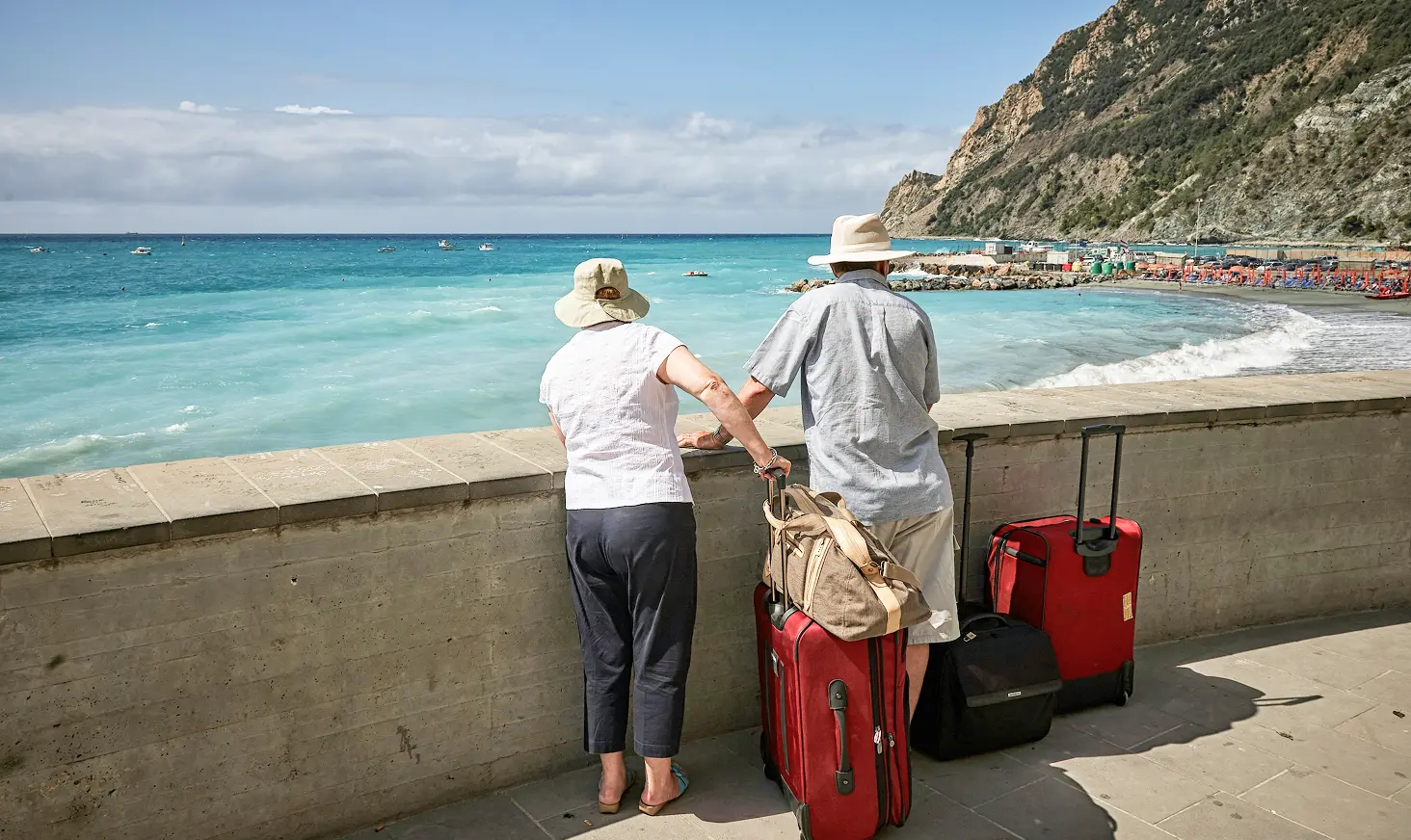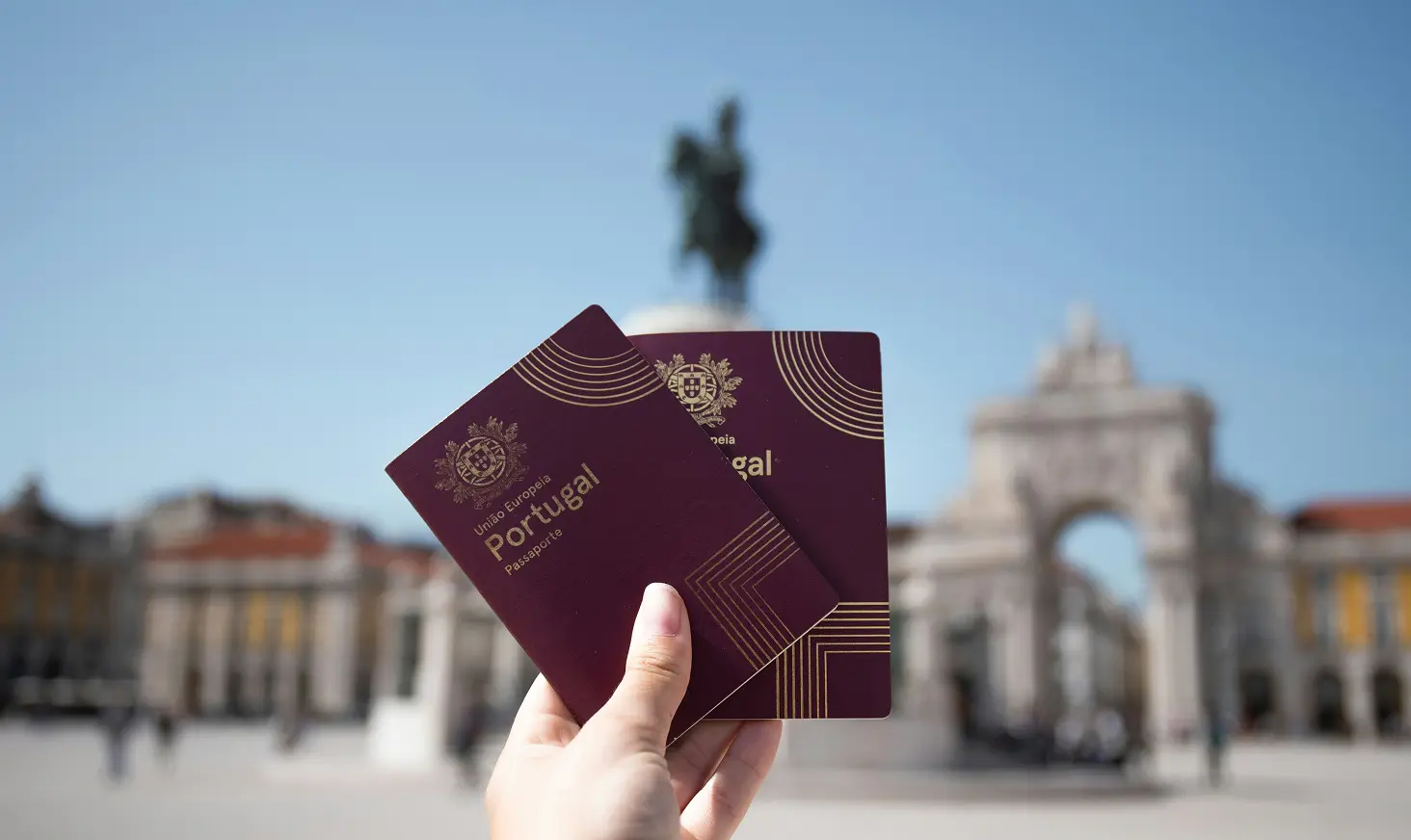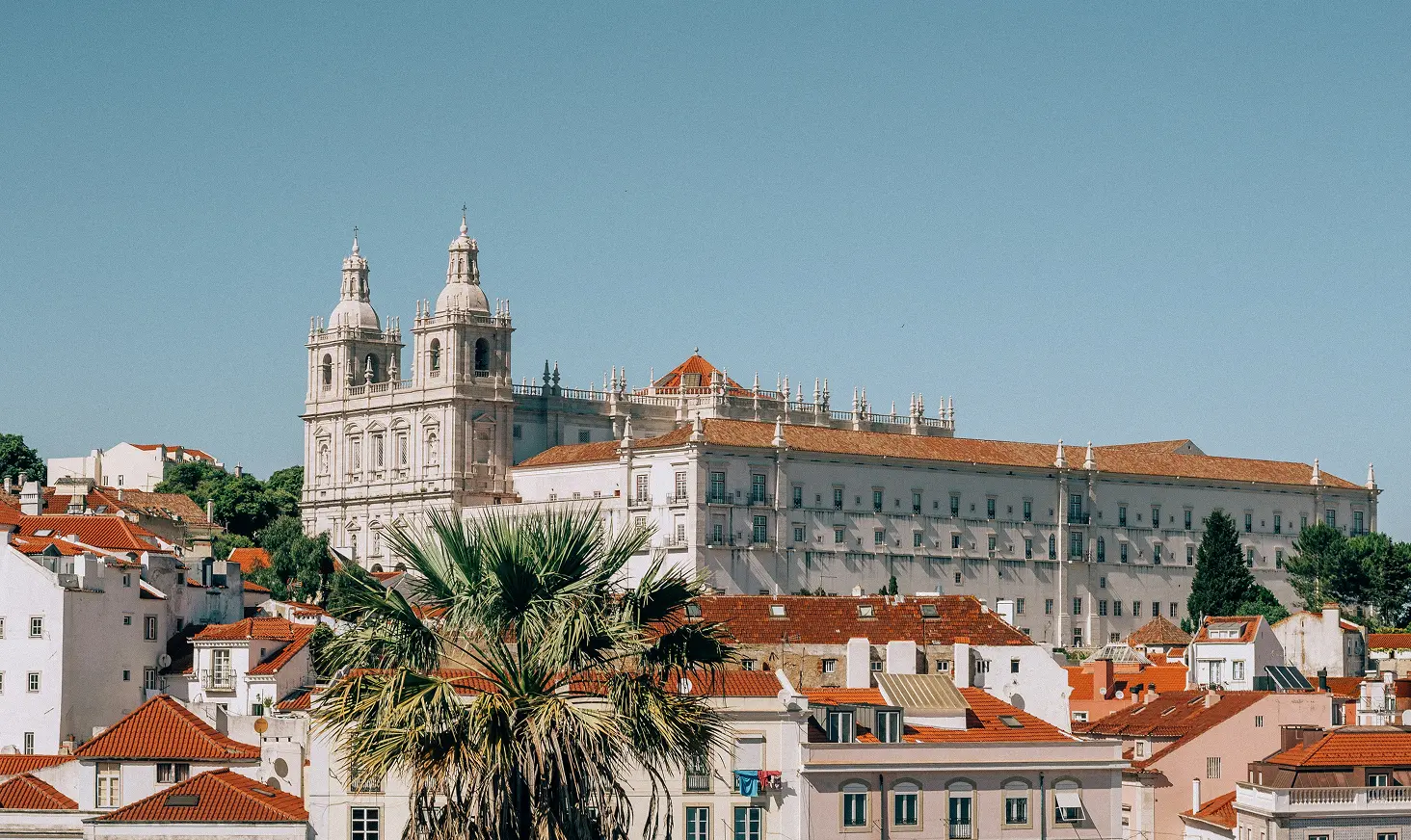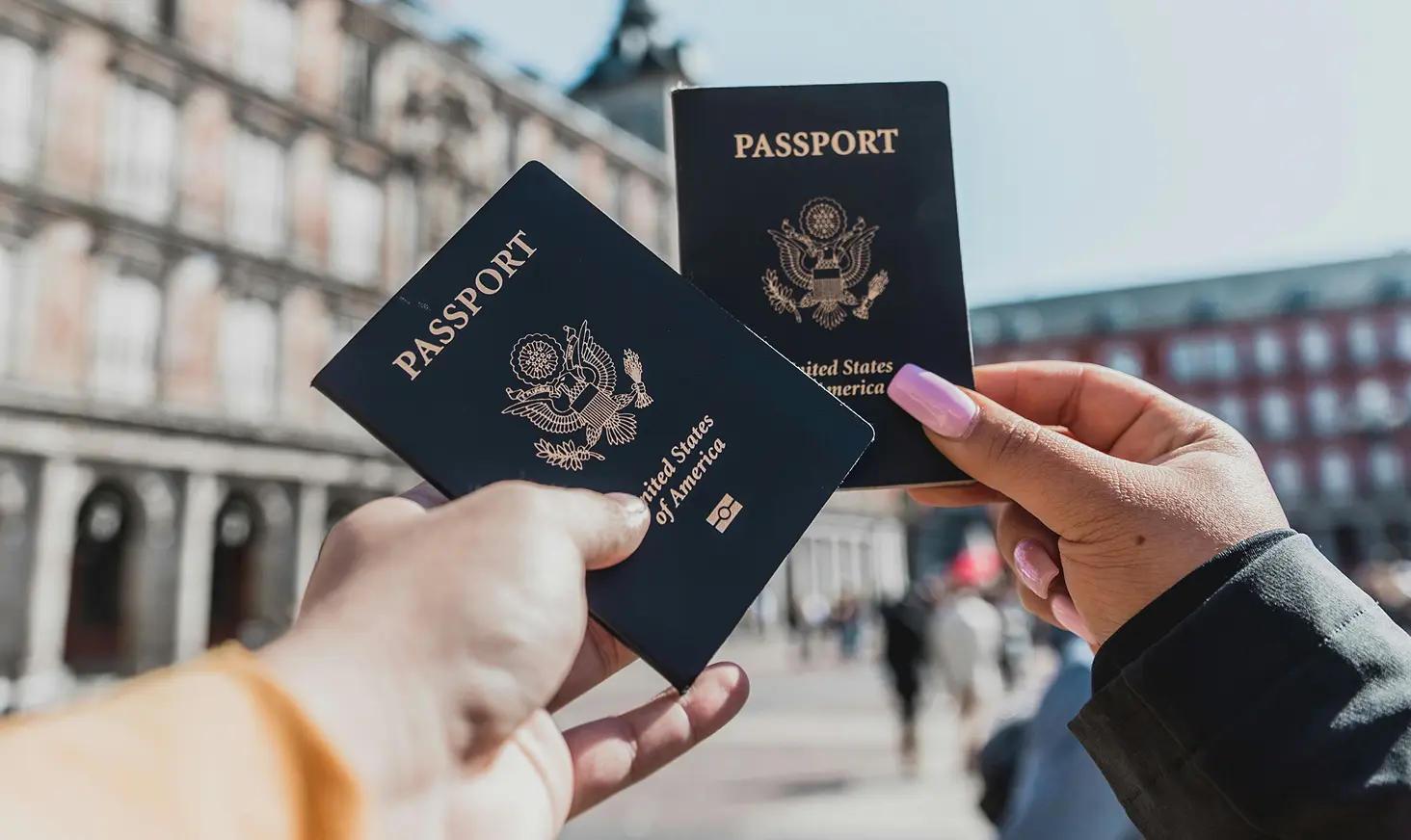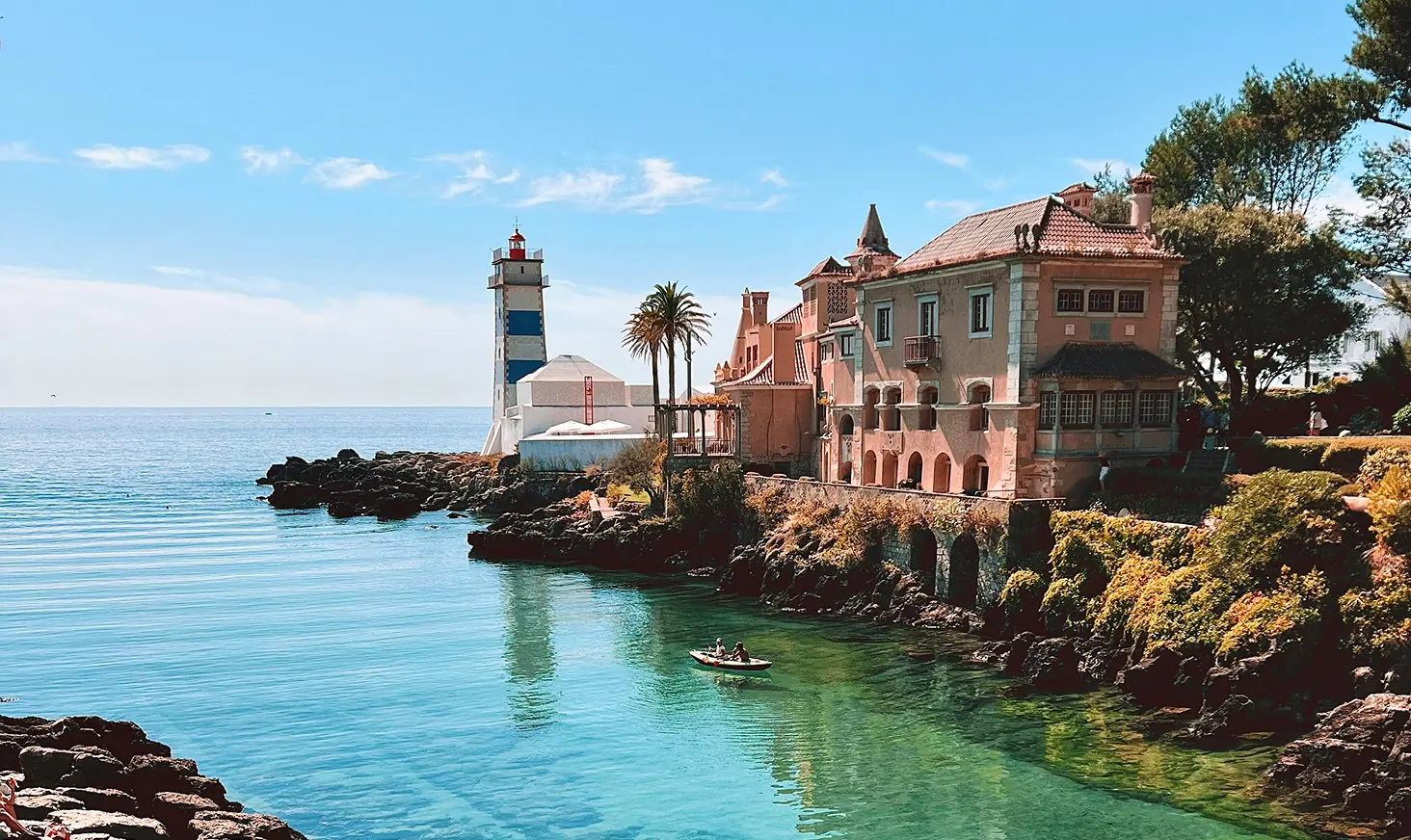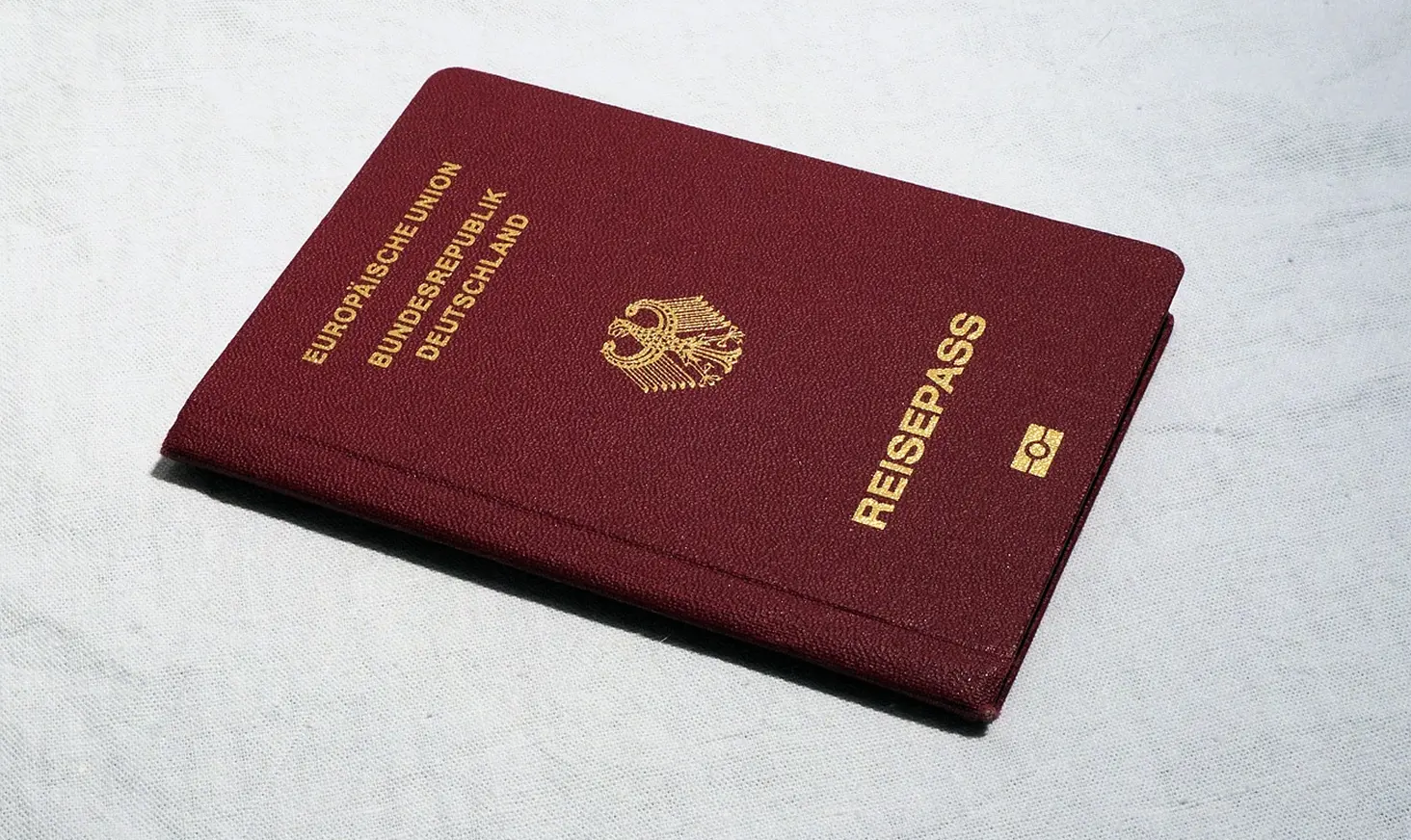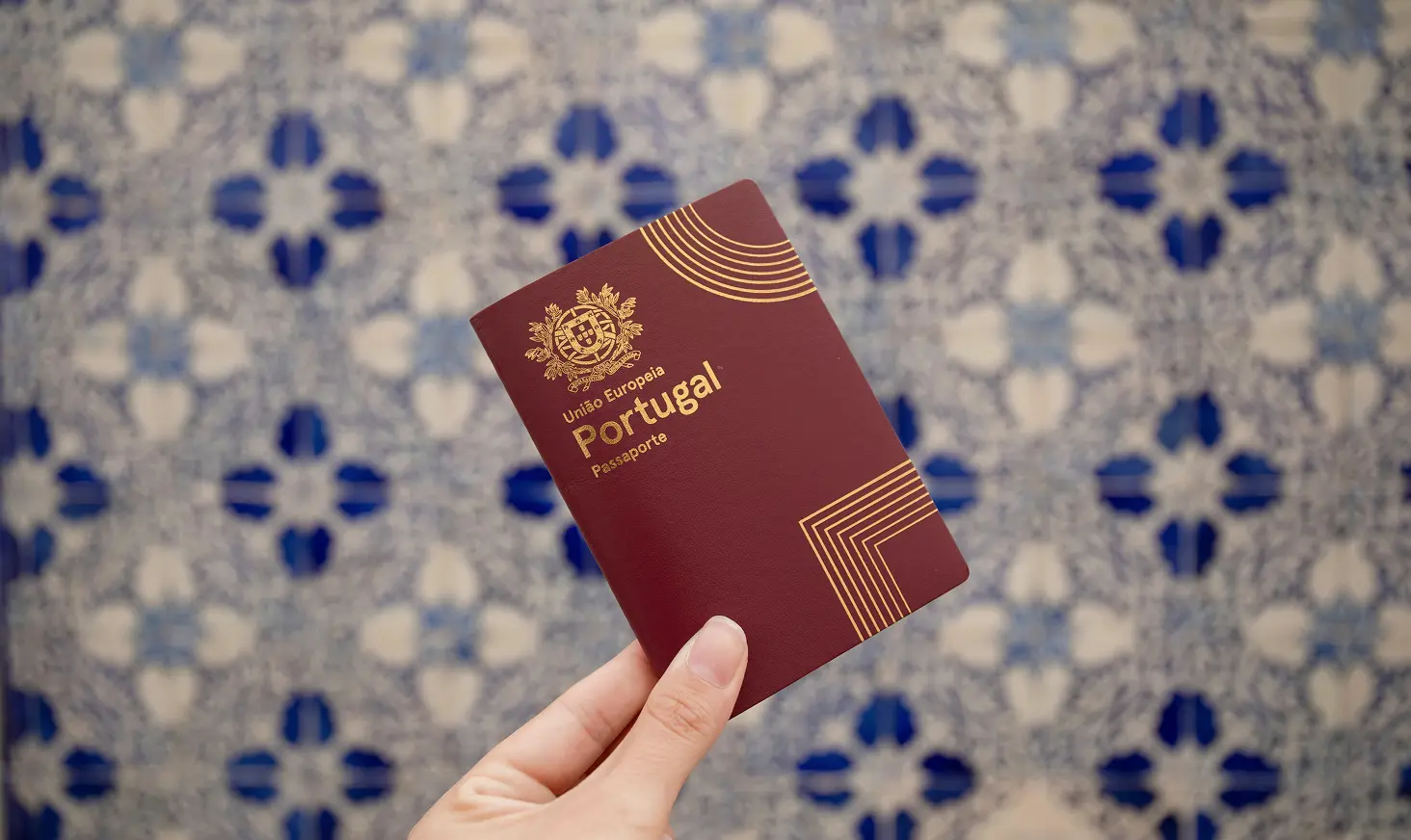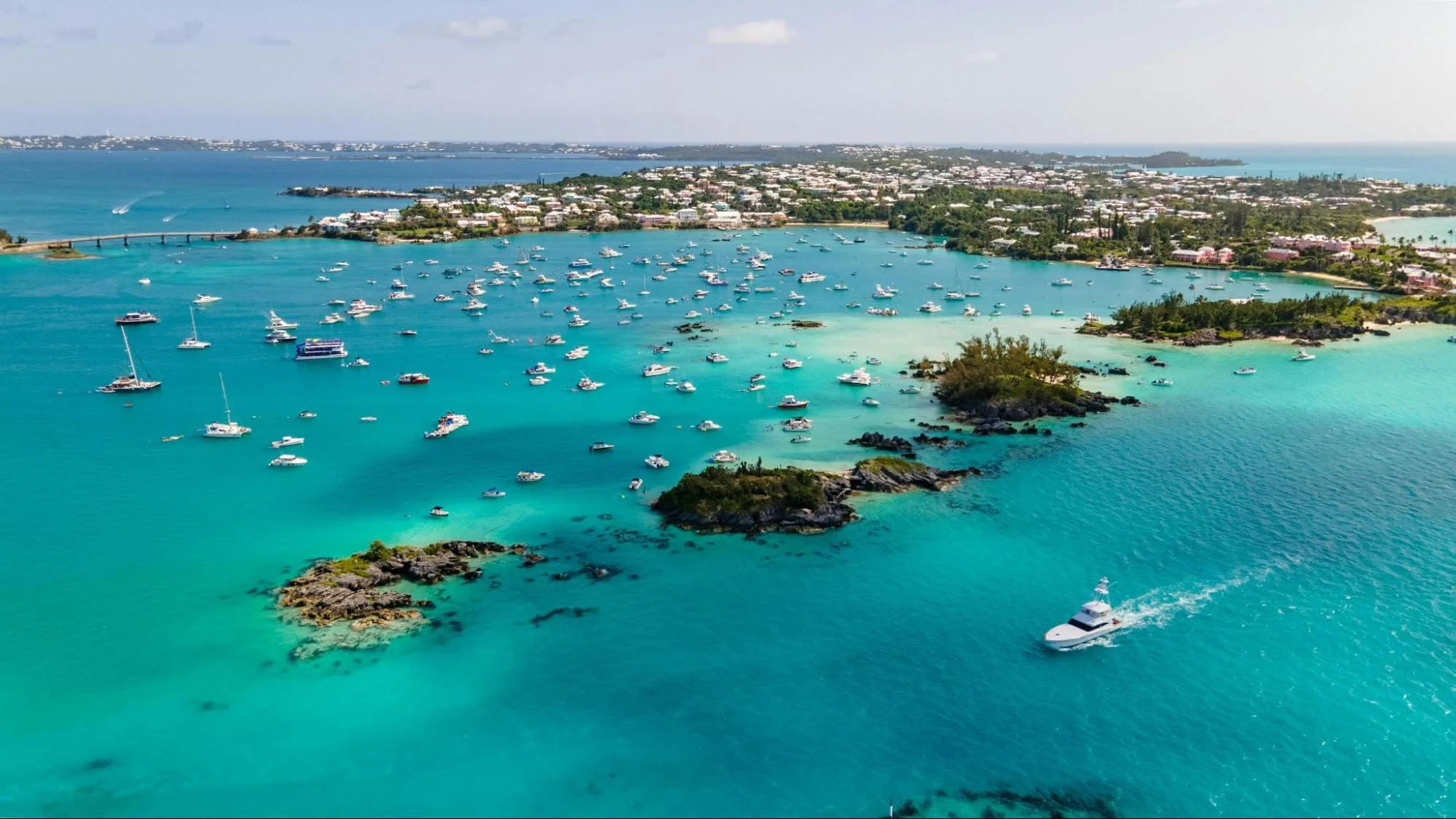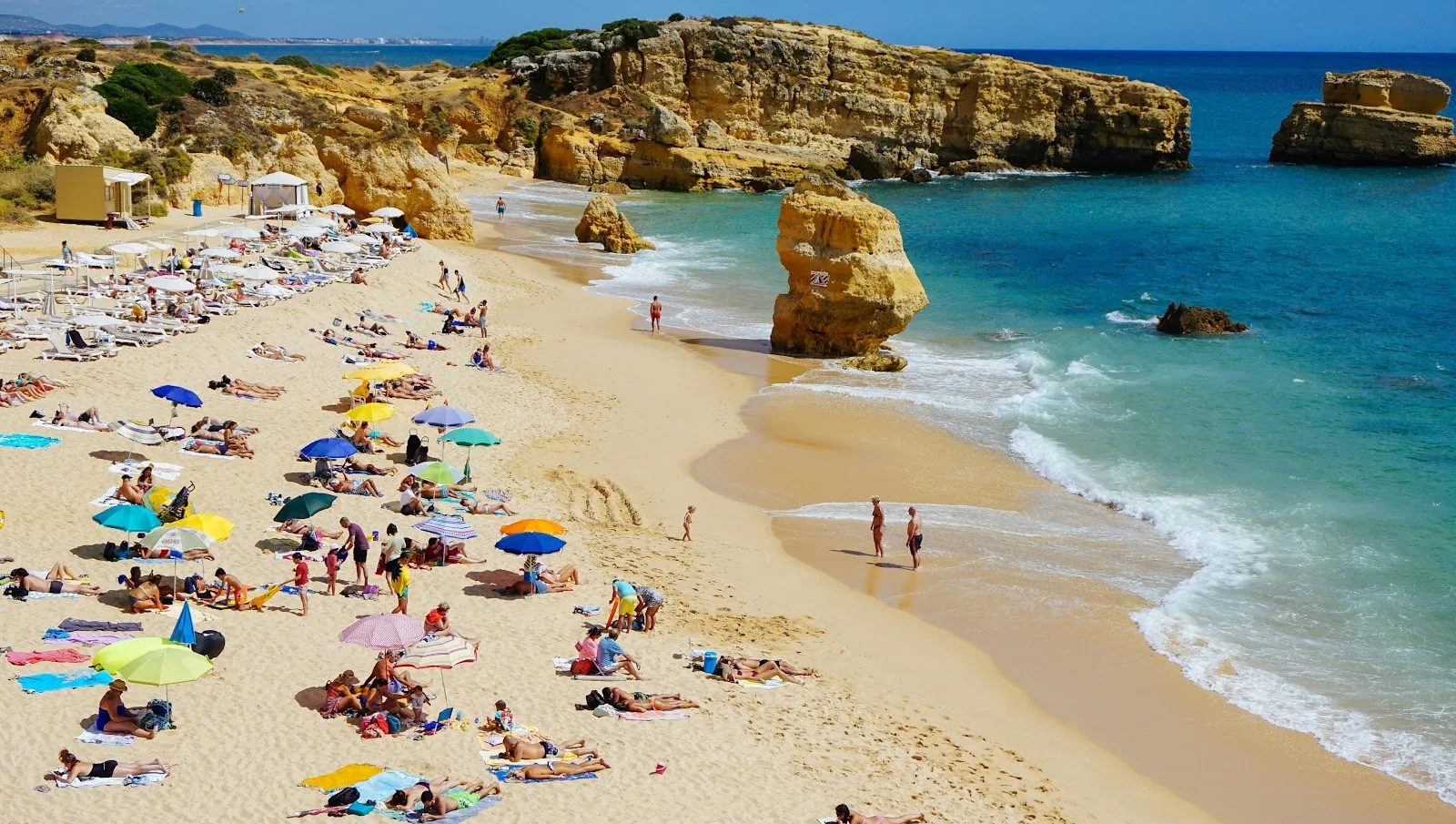Residency and Citizenship through Bitcoin.
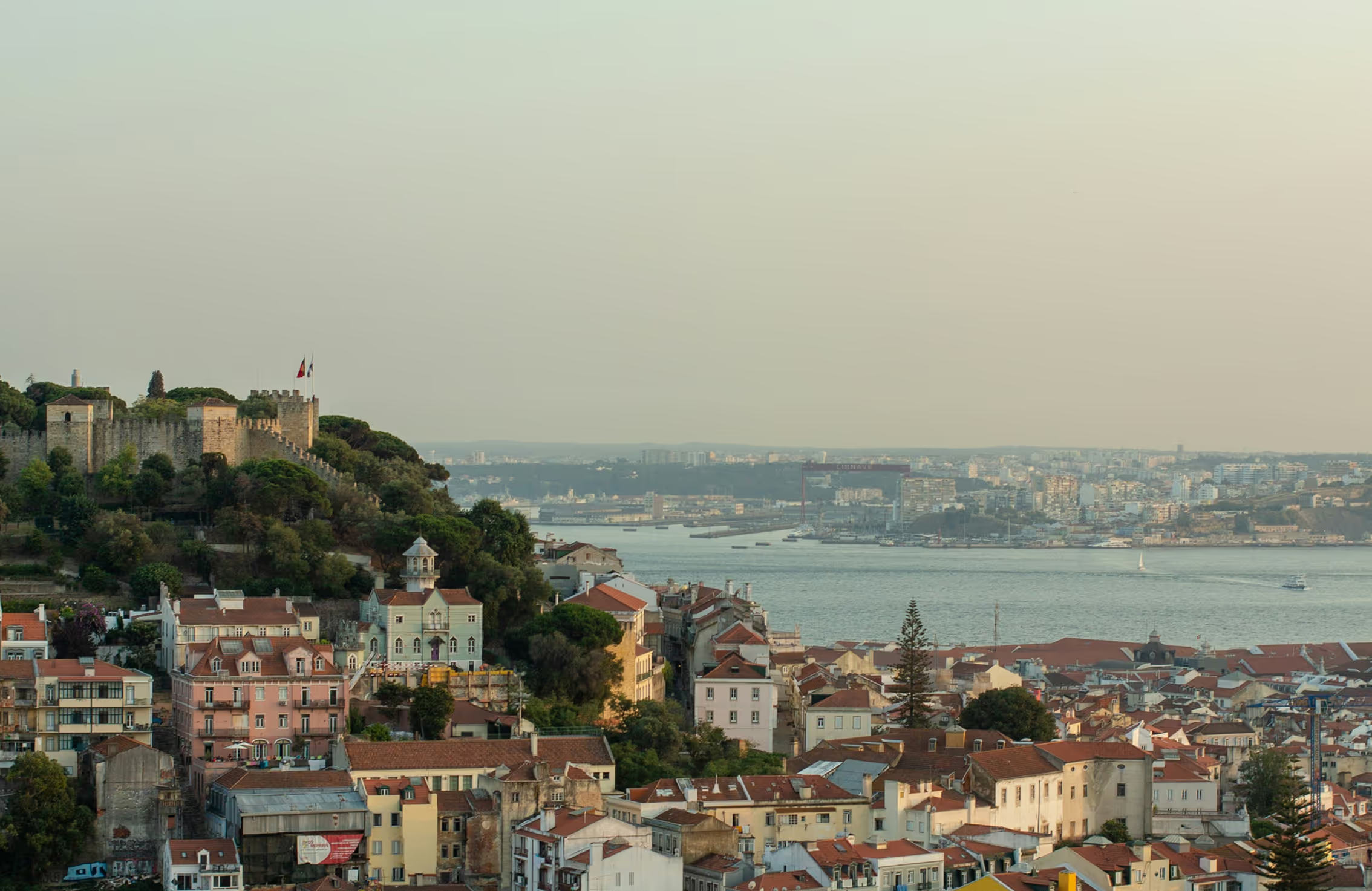
We're designing the future of global citizenship.
We're redefining what freedom, mobility, and opportunity look like in a borderless world.
Bitizenship is Bitcoin Citizenship.


































Secure your path to EU residency and citizenship through a €500,000 investment in our qualified Golden Visa fund. The Portuguese program offers the quick and clear pathway to European citizenship, with minimal residency requirements.
No relocation required: stay only 14 days every 2 years.
5-year to EU citizenship.
Eligible for the Portugal Golden Visa
Investment amount: €500,000


Gain European access and enjoy Italian lifestyle with just a €250,000 investment in our Italian innovative startup. This fast-track residency program is ideal for investors seeking speed, flexibility, and affordability.
Fast approval: Residency permit in 3-4 months
Lower investment starting at €250K
Visa first, investment after approval
Eligible for the Italy Golden Visa
Investment amount: €250,000
A word from our founder.
Founded by Alessandro Palombo, Bitizenship team has executed 100+ Golden Visa applications for Bitcoin-aligned and modern investors. We are on a mission to design the future of global bitcoin citizenship.
We are a team of experts, giving you administrative assistance over the course of your program, all the way long the procedure.
Strategic advisory for Bitcoin-aligned investors
End-to-end guidance for Bitcoin holders seeking second residencies and citizenship-by-investment programs
Expert support through vetted legal and tax partners
Founder-led legal oversight for all operations and investments
Comprehensive administrative assistance on visa procedures

.jpg)

